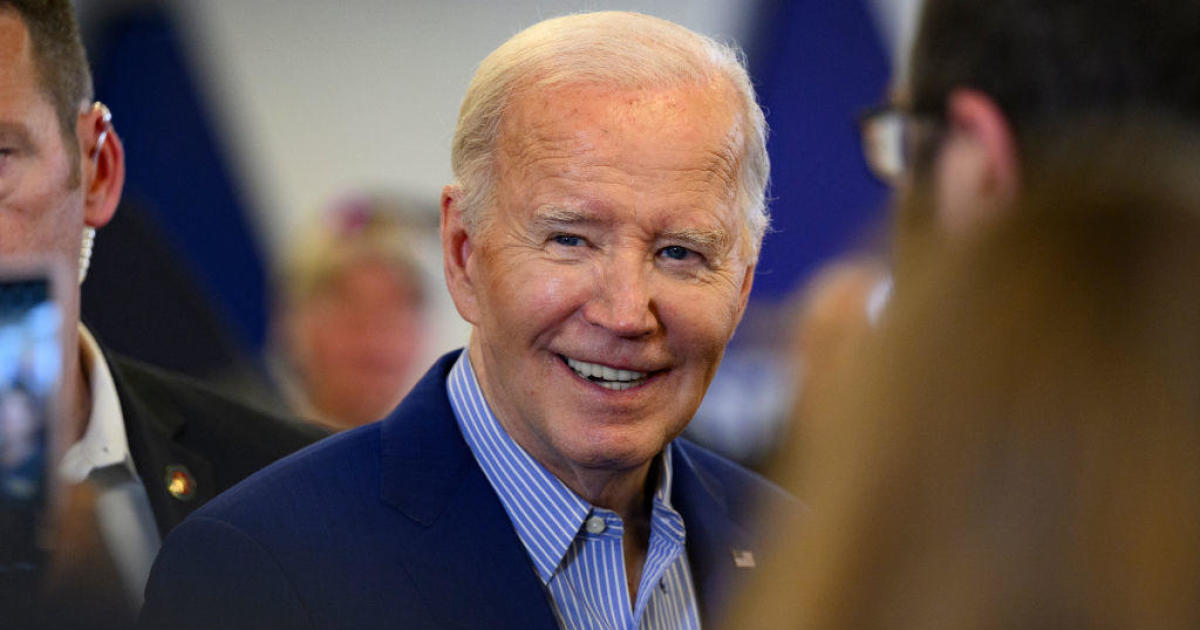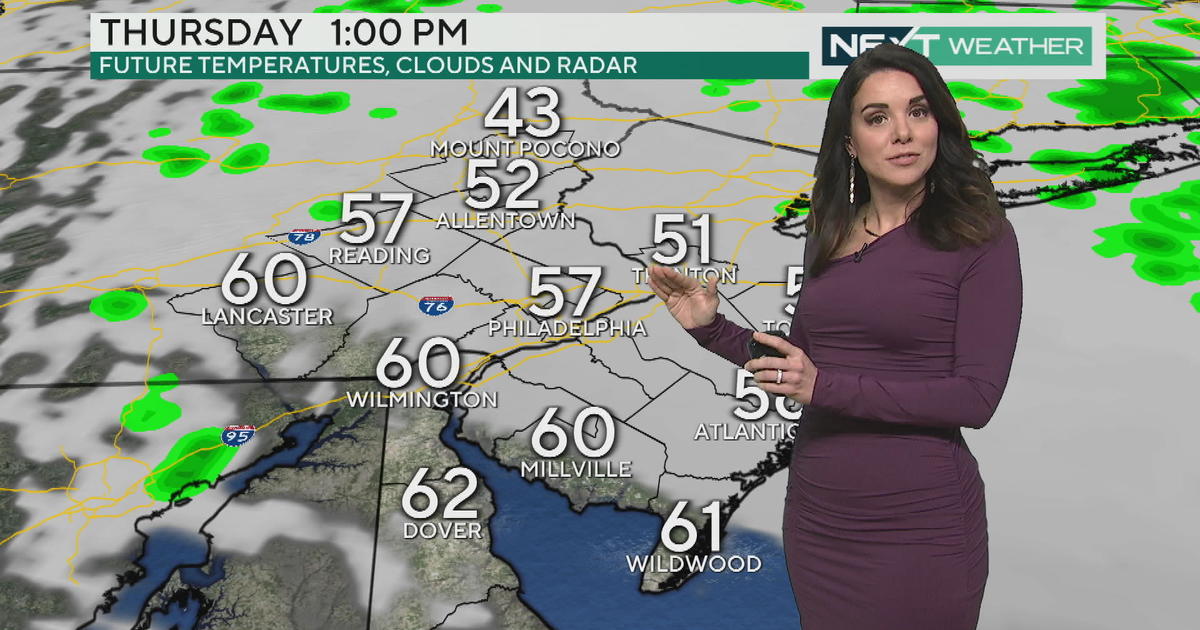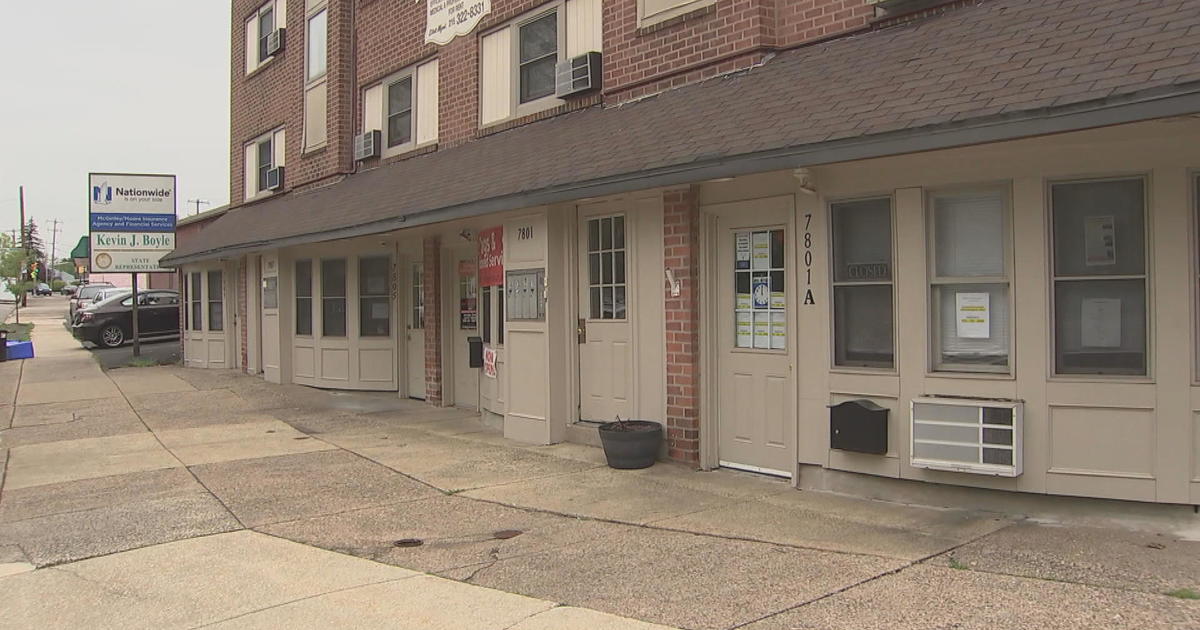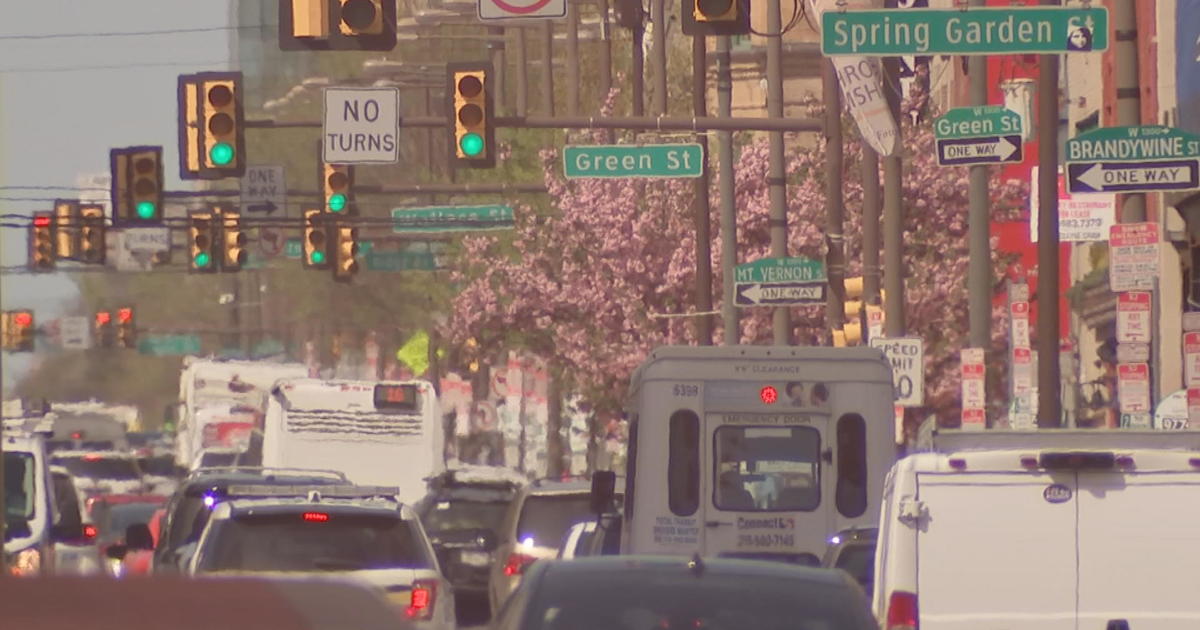Blog: Road Congestion Costs Commuters $2,300
By Jim Donovan - Driving on congested Philadelphia roads costs area commuters as much as $2,300 annually per driver depending on which route they travel. That's a total of $3.4 billion each year. That's according to a new report released today by TRIP . TRIP is a nonprofit organization that researches, evaluates and distributes economic and technical data on surface transportation issues.
In this new report TRIP identifies the most expensive congested corridors in the Philadelphia area in terms of lost time and wasted fuel and outlines a comprehensive set of strategies to help relieve traffic congestion and enhance transportation reliability in the region.
The TRIP report also calculates the yearly and weekly costs per motorist of driving on each of the region's congested corridors that are most expensive to daily commuters. Increased investment in transportation improvements at the local, state and federal levels could relieve traffic congestion while improving road and bridge conditions, boosting safety, and supporting long-term economic growth in Pennsylvania.
Philadelphia area commuters experience the highest levels of congestion on the following corridors:
- 1. I-676 from I-95 to I-76. This congested corridor costs rush hour drivers 125 hours, 54 additional gallons of gas, and $2,301 annually or $44 weekly.
- 2. PA 611 from the Pennsylvania Turnpike to I-95. This congested corridor costs rush hour drivers 125 hours, 54 additional gallons of gas, and $2,301 annually or $44 weekly.
- 3. US 422 from US 202 to North of Egypt Road. This congested corridor costs rush hour drivers 67 hours, 29 additional gallons of gas, and $1,227 annually or $24 weekly.
- 4. I-76 from I-676 to Belmont Ave. This congested corridor costs rush hour drivers 58 hours, 25 additional gallons of gas, and $1,074 annually or $21 weekly.
- 5. I-95 from Betsy Ross Bridge—Aramingo Ave. to I-676-Spring Garden St. This congested corridor costs rush hour drivers 58 hours, 25 additional gallons of gas, and $1,074 annually or $21 weekly.
- 6. US 202 from Swedesford Road to PA 401. This congested corridor costs rush hour drivers 58 hours, 25 additional gallons of gas, and $1,074 annually or $21 weekly.
- 7. US 1 from the Pennsylvania Turnpike (I-276) to I-76. This congested corridor costs rush hour drivers 58 hours, 25 additional gallons of gas, and $1,074 annually or 21 hours weekly.
- 8. I-76 from Hollow Road to Matsonford Road (West side of I-476 interchange). This congested corridor costs rush hour drivers 50 hours, 21 additional gallons of gas, and $921 annually or $18 weekly.
- 9. I-76 from Matsonford Road to the Pennsylvania Turnpike. This congested corridor costs rush hour drivers 50 hours, 21 additional gallons of gas, and $921 annually or $18 weekly.
- 10. I-95 from Stewart Ave., to the Delaware state line and portions of I-476 leading to the interchange with I-95. This congested corridor costs rush hour drivers 50 hours, 21 additional gallons of gas, and $921 annually or $18 weekly.
- 11. I-476 from US 30 to Baltimore Pike. This congested corridor costs rush hour drivers 42 hours, 18 additional gallons of gas, and $767 annually or $15 weekly.
- 12. US 202 from US 322 to PA 491. This congested corridor costs rush hour drivers 42 hours, 18 additional gallons of gas, and $767 annually or $15 weekly.
- 13. US 322 from US 1 to I-95. This congested corridor costs rush hour drivers 38 hours, 16 additional gallons of gas, and $690 annually or $13 weekly.
In total, traffic congestion in the Philadelphia urban area results in the use of an additional 76 million gallons of fuel and the loss of 156 million hours annually. TRIP calculated each route's traffic congestion delay based on data provided by PennDOT on the average time it takes to travel each corridor during peak hours and during non-congested periods. To estimate the amount of time and fuel lost annually by commuters traveling on these segments, TRIP compared travel times during rush hour and non-congested periods.
For more information visit: http://www.tripnet.org/docs/PA_Philadelphia_Most_Expensive_Commutes_TRIP_Report_June_2013.pdf



